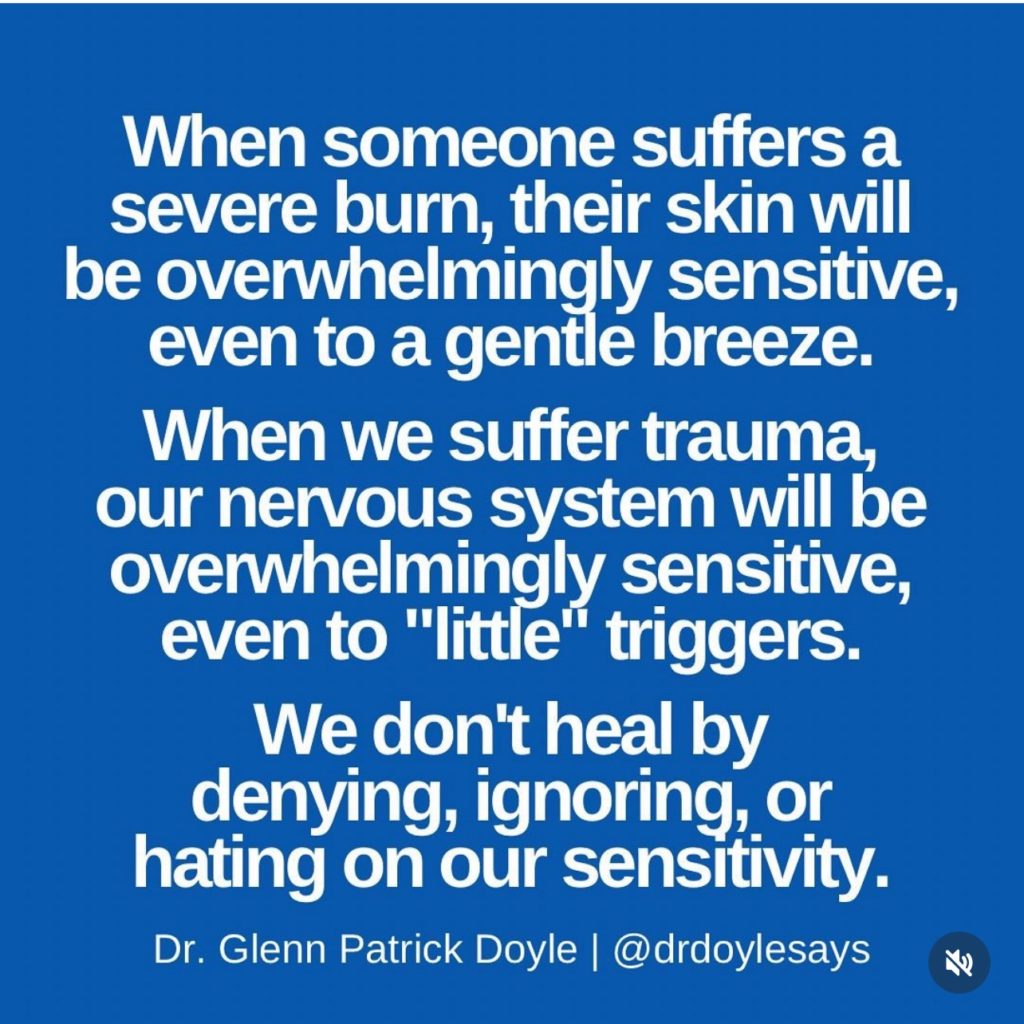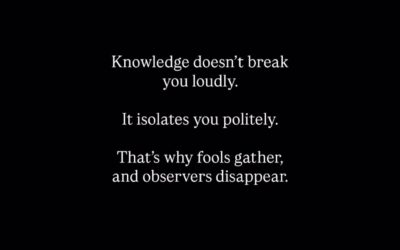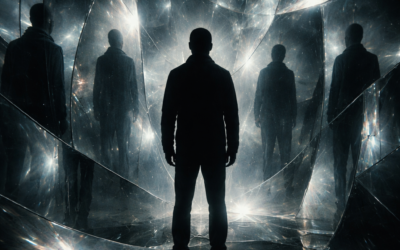Sometimes, the simplest analogies can unlock so much understanding. When someone suffers a physical injury, like a broken bone, that part of the body becomes sensitive and often remains weaker than other areas. It’s a natural consequence of the healing process. Similarly, our hearts follow the same rule. Emotional wounds leave us sensitive in ways we don’t always recognize at first, but their impact is real, affecting how we feel, how we think, and how we respond.
This connection between mind and body is profound. The way we feel has an undeniable influence on our physical state, and vice versa. For people who seek to understand—those who truly want to get it—analogies like this can be powerful. They help bridge the gap for anyone who may not have personally experienced deep emotional wounds but can relate to a physical one.
I believe if we all worked a little harder to simplify our expressions, to use clear analogies and examples like this, it would help others understand us better. Yet, it’s important to accept that not everyone will respond. Some may choose to stay silent or misunderstand us intentionally, and that’s not our responsibility to fix. We can only strive to express ourselves clearly and aim to do better than before. That’s our lane. If it’s not received well, if others don’t care or don’t want to engage, we must recognize that’s not on us.
I’ve learned that people will always have their reasons for choosing not to understand us, but that’s theirs to carry. Our responsibility is to know where our boundary lies, to acknowledge what isn’t ours to take on, and to remain self-aware enough to bounce back quickly. This kind of emotional strength didn’t come easily for me, and it’s still a process. But with time, I’ve realized that just as a poke from a needle when giving blood is fleeting, so too are the small triggers once you’ve cultivated that awareness. You can bounce back because you know what is not yours to carry.





0 Comments